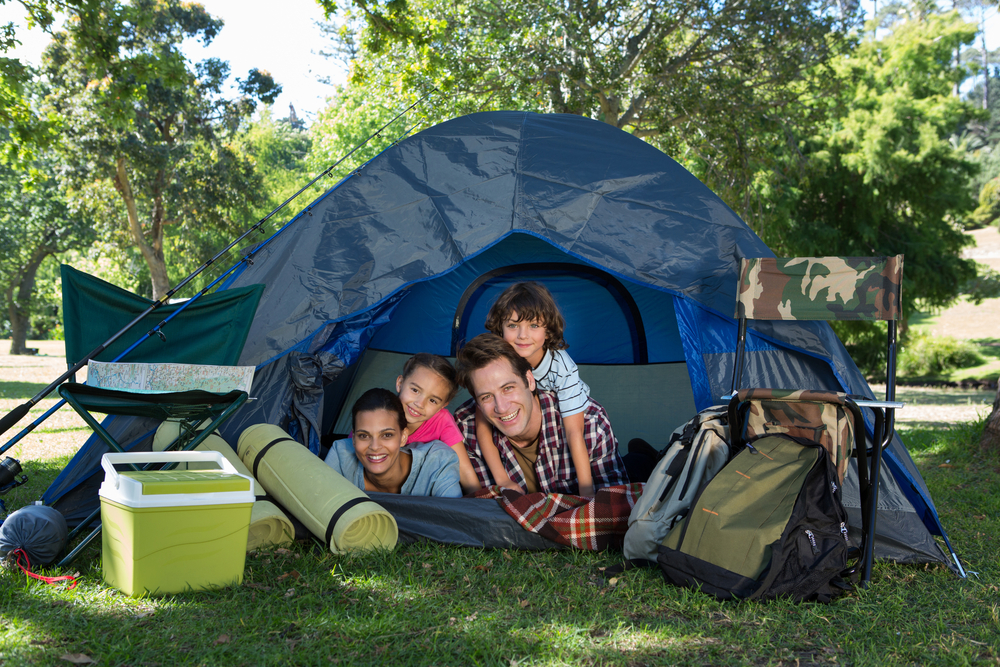
When you’re at home or at work, Securr has all of your trash can needs. But when you’re away this summer, camping or hiking, use these tips to help minimize your impact on the great outdoors.
When you’re packing for your trip, make sure you eliminate any unnecessary food packaging. Say you’re bringing a cup of just-add-water noodles, but the cup comes with a cardboard box around it. Leave the box at home. Better yet, dump the contents of the bowl into a reusable, sealed mug that you can use again for your morning coffee.
You may still have to bring some packaging, so it’s a good idea to bring a trash bag with you. It doesn’t have to be heavy-duty — it could even just be a grocery sack. Place any food-related trash in the bag to make sure your gear doesn’t become messy or attract animals.
Be sure to hang your food at night or use a bear canister so unwanted guests don’t start digging through it. When you’re done with your bag, toss it in a designated trash can or dumpster.
When it’s time to wash dishes, scrape uneaten food into your trash bag, then find a place well away from water sources and campsites to do the washing. You may wish to use a portable kitchen sink to conserve water, but definitely use biodegradable soap; here’s my favorite. Quick-drying and reusable camp towels will help ready your pots and plates for the next meal.
There are some items you may take camping that come in packages, like batteries and new gear. My advice is the same as before: leave all unnecessary packaging at home. Should you actually need to bring it, it won’t have to go in the food trash bag, but you should never litter. Always throw away trash in designated areas.
It’s a good idea to keep your personal hygiene standards up to par, especially when it comes to your teeth. You don’t want to leave globs of sweet-smelling toothpaste in the woods, however, so you can either spit into your trash bag or try to disperse the toothpaste as much as possible.
Bury human waste in catholes about 6-8″ deep 200 feet from any water sources, campsites, or trails. It is good to carry out used toilet paper since animals often dig it up and spread it all over. Carry out all plastic or cotton feminine hygiene products. Do not bury them.
As a campsite becomes more and more popular, small impacts quickly accumulate. Some people see garbage and then feel they do not need to take care since it’s already trashed. Taking a bit of extra time to clean up a spot will help keep it cleaner. The next visitors will see no trash and tend to pack out their own trash. Even highly trafficked sites can be made more inviting by removing trash and cleaning out old fire debris.
Taking the extra bit of effort to patrol the campsite just before leaving often finds bits of foil, plastic, and food from your group or others before you. No matter where you go, if people have been there, people have left litter. Whether on the ocean shore or on the highest peak in the world, when it is more convenient to leave trash than take it away, someone will decide to leave it.
Then, bring it all home, and dispose of it properly using your Securr trash cans.